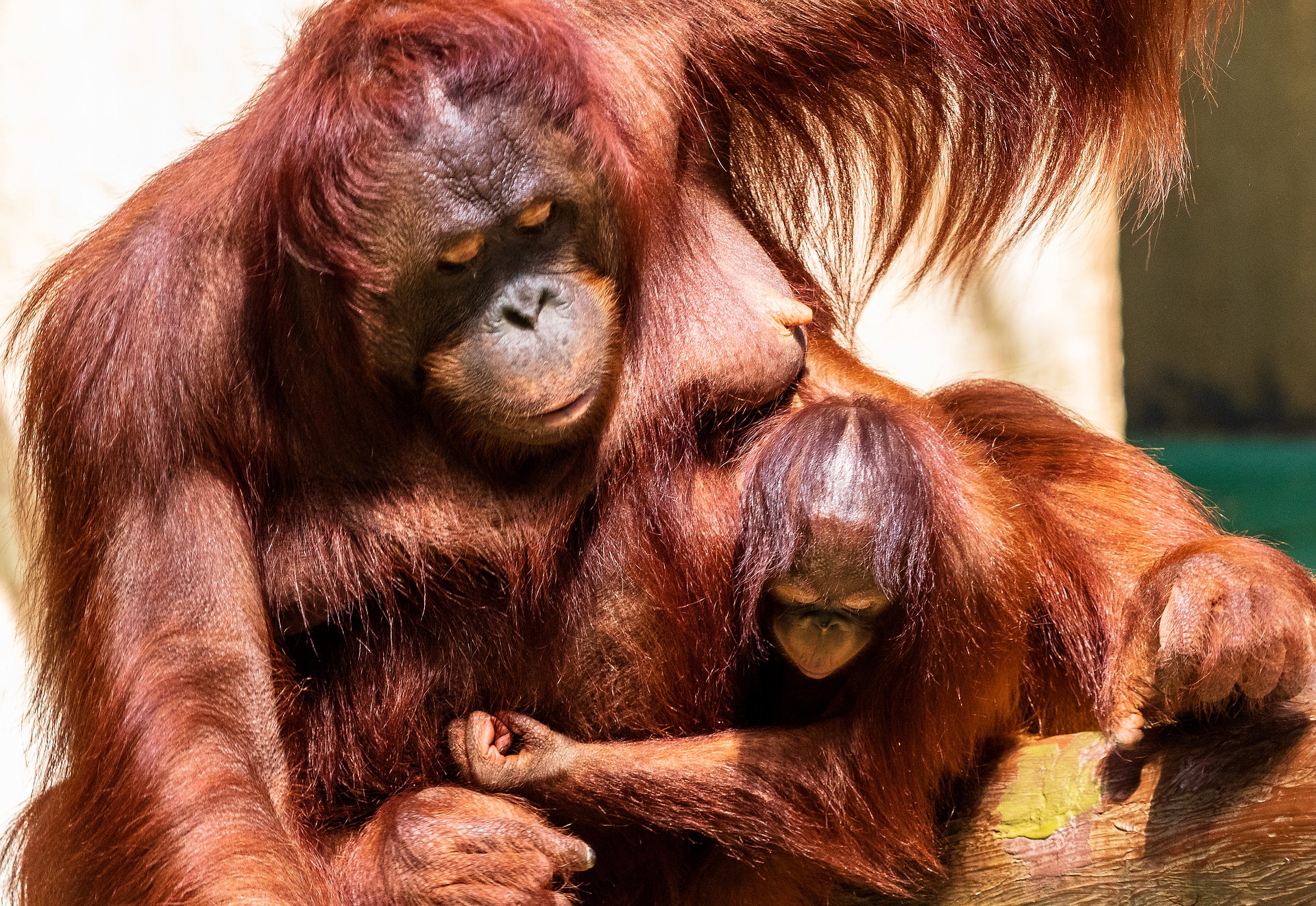The World Wide Fund for Nature (WWF) has reported that the orangutan populations in Sabah fell as much as 30 per cent in the past 15 years.
According to a report by Reuters, the findings are based on WWF’s most intensive survey ever done on any great ape in the world.
The numbers show that the population fell by 30 per cent and 15 per cent respectively in Kulamba and Tabin, in eastern Sabah, between 2002 and 2017.
The good news is, WWF said, the overall population of the species in the area is stable at a number of around 11,000.

“While the orangutan population has stabilised in large forest areas, their numbers declined in forest patches within oil palm landscapes of the eastern lowlands of Sabah.
“The monoculture nature of oil palm plantations means that they tend not to support species that are dependent on forest environment like the orangutan,” WWF said in a statement quoted by the news agency.
Quoting Sabah Wildlife Department director Augustine Tuuga, the report said forest patches within plantation landscapes allowed orangutans to travel between forested areas and this ensures their survival.
However, the palm oil industry has caused a large number of deforestation acts, thus threatening the habitat of the great apes.
According to a report by Reuters, the findings are based on WWF’s most intensive survey ever done on any great ape in the world.
The numbers show that the population fell by 30 per cent and 15 per cent respectively in Kulamba and Tabin, in eastern Sabah, between 2002 and 2017.
The good news is, WWF said, the overall population of the species in the area is stable at a number of around 11,000.

“While the orangutan population has stabilised in large forest areas, their numbers declined in forest patches within oil palm landscapes of the eastern lowlands of Sabah.
“The monoculture nature of oil palm plantations means that they tend not to support species that are dependent on forest environment like the orangutan,” WWF said in a statement quoted by the news agency.
Quoting Sabah Wildlife Department director Augustine Tuuga, the report said forest patches within plantation landscapes allowed orangutans to travel between forested areas and this ensures their survival.
However, the palm oil industry has caused a large number of deforestation acts, thus threatening the habitat of the great apes.





